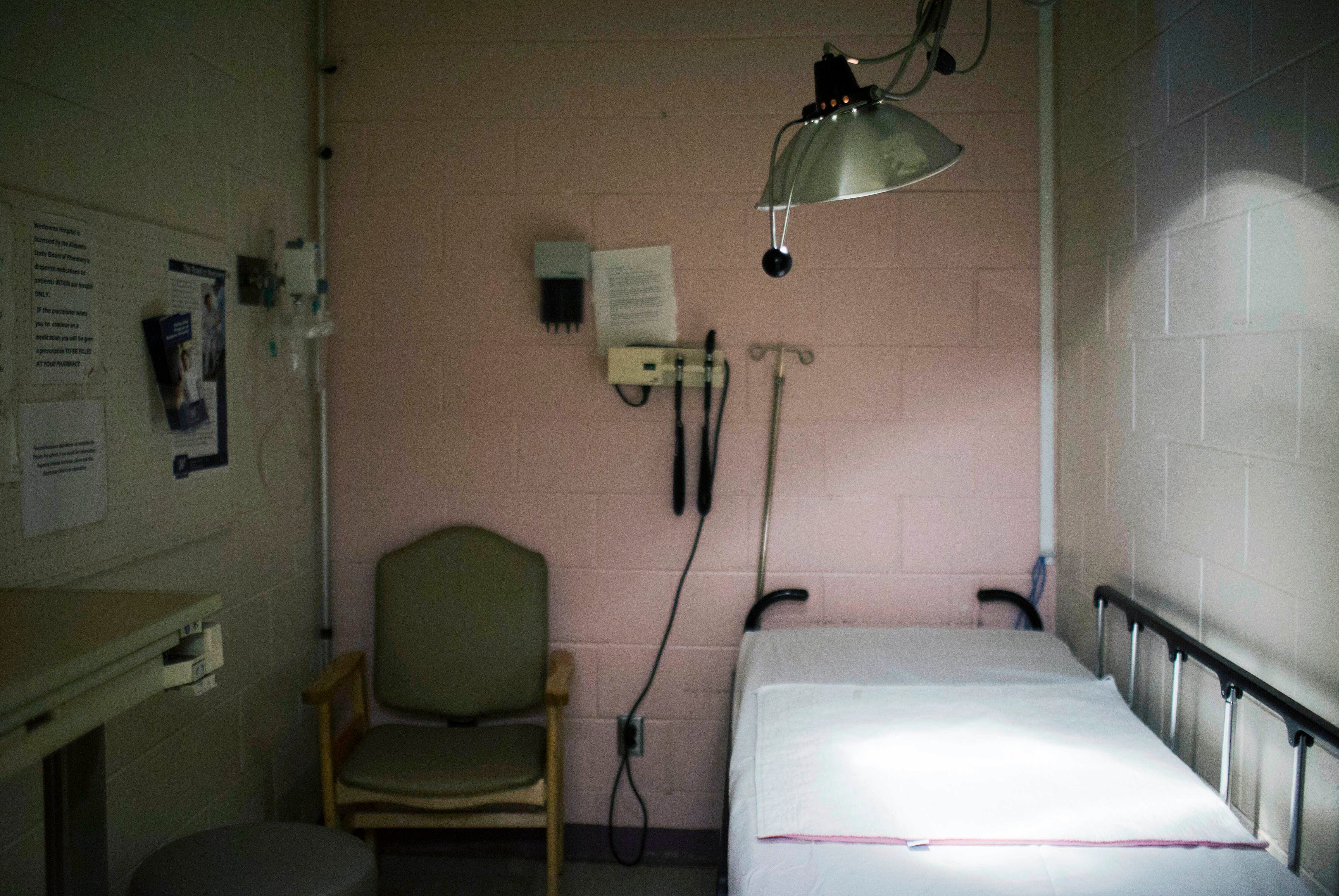In hypochondria paradox, Swedish study finds a higher death rate in those who fear serious illness
A Swedish study has uncovered a paradox about people diagnosed with an excessive fear of serious illness: They tend to die earlier than people who aren’t hypervigilant about health concerns

A large Swedish study has uncovered a paradox about people diagnosed with an excessive fear of serious illness: They tend to die earlier than people who aren’t hypervigilant about health concerns.
Hypochondriasis, now called illness anxiety disorder, is a rare condition with symptoms that go beyond average health worries. People with the disorder are unable to shake their fears despite normal physical exams and lab tests. Some may change doctors repeatedly. Others may avoid medical care.
“Many of us are mild hypochondriacs. But there are also people on the other extreme of the spectrum who live in a perpetual state of worry and suffering and rumination about having a serious illness," said Dr. Jonathan E. Alpert of Montefiore Medical Center in New York.
People with the disorder are suffering and “it’s important to take it seriously and to treat it," said Alpert, who was not involved in the new study. Treatment can involve cognitive behavioral therapy, relaxation techniques, education and sometimes antidepressant medication.
The researchers found that people with the diagnosis have an increased risk of death from both natural and unnatural causes, particularly suicide. Chronic stress and its impact on the body could explain some of the difference, the authors wrote.
The study, published Wednesday in JAMA Psychiatry, addressed “a clear gap in the literature,” said David Mataix-Cols of the Karolinska Institute in Sweden, who led the research. “We got lucky,” he said, because the Swedish classification system for health statistics has a separate code for hypochondriasis, allowing data analysis on thousands of people over 24 years, 1997-2020.
Older research had suggested the risk of suicide might be lower for people with the condition, but “our hunch, based on clinical experience, was that this would be incorrect,” Mataix-Cols said. In the study, the risk of suicide death was four times higher for the people with the diagnosis.
They looked at 4,100 people diagnosed with hypochondriasis and matched them with 41,000 people similar in age, sex and county of residence. They used a measurement called person years, which accounts for the number of people and how long they were tracked.
Overall death rates were higher in the people with hypochondriasis, 8.5 versus 5.5 per 1,000 person years. People with the condition died younger than the others, a mean age of 70 versus 75. Their risk of death from circulatory and respiratory diseases was higher. Cancer was an exception; the risk of death was about the same.
Referring an excessively anxious patient to mental health professionals takes care, said Alpert, who leads the American Psychiatric Association’s council on research. Patients can be offended, because they feel they're being accused of imagining symptoms.
“It takes a great deal of respect and sensitivity conveyed to patients that this itself is a kind of condition, that it has a name,” Alpert said. "And, fortunately, there are good treatments.” ___
The Associated Press Health and Science Department receives support from the Howard Hughes Medical Institute’s Science and Educational Media Group. The AP is solely responsible for all content.
Bookmark popover
Removed from bookmarks